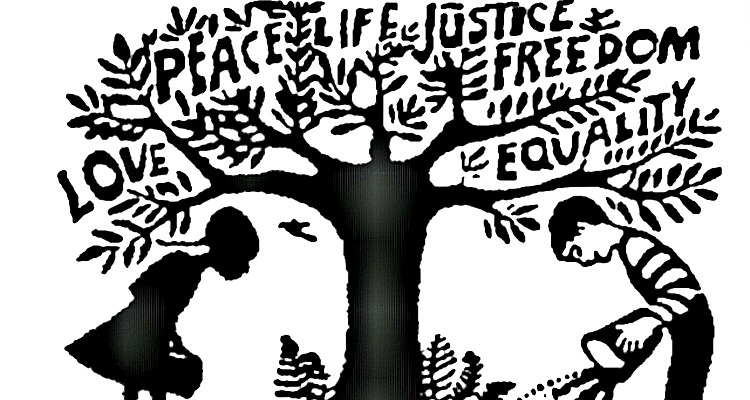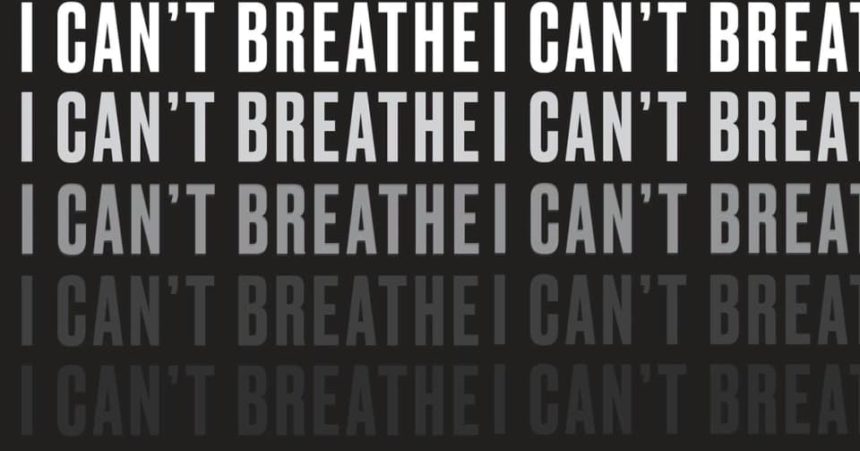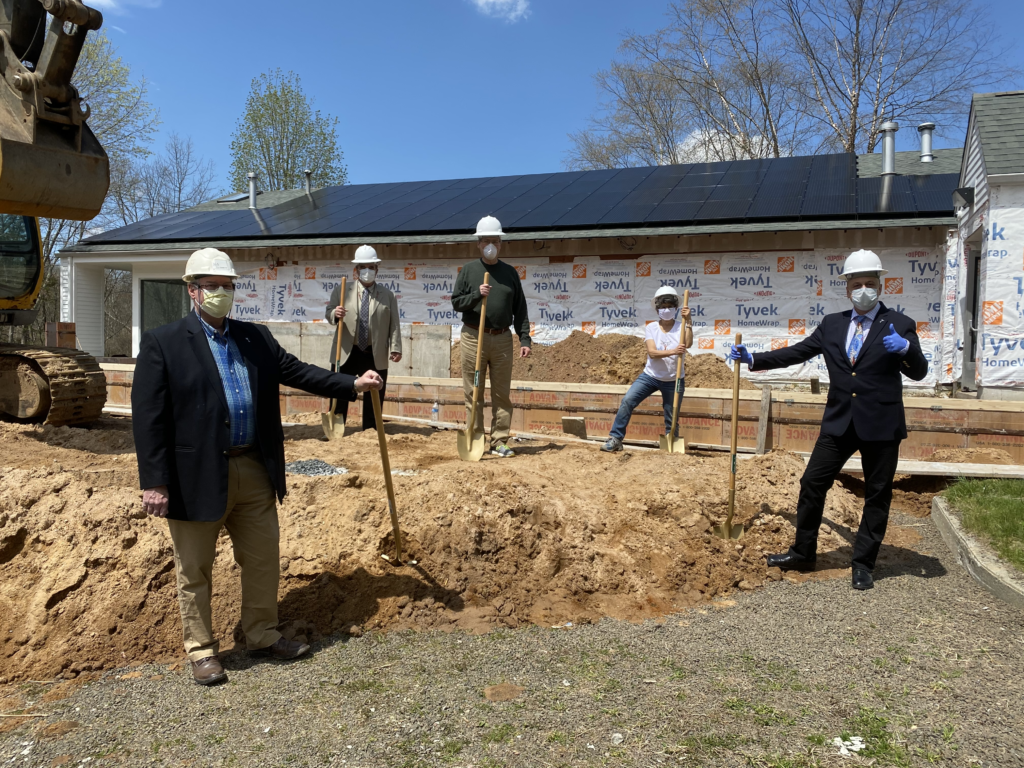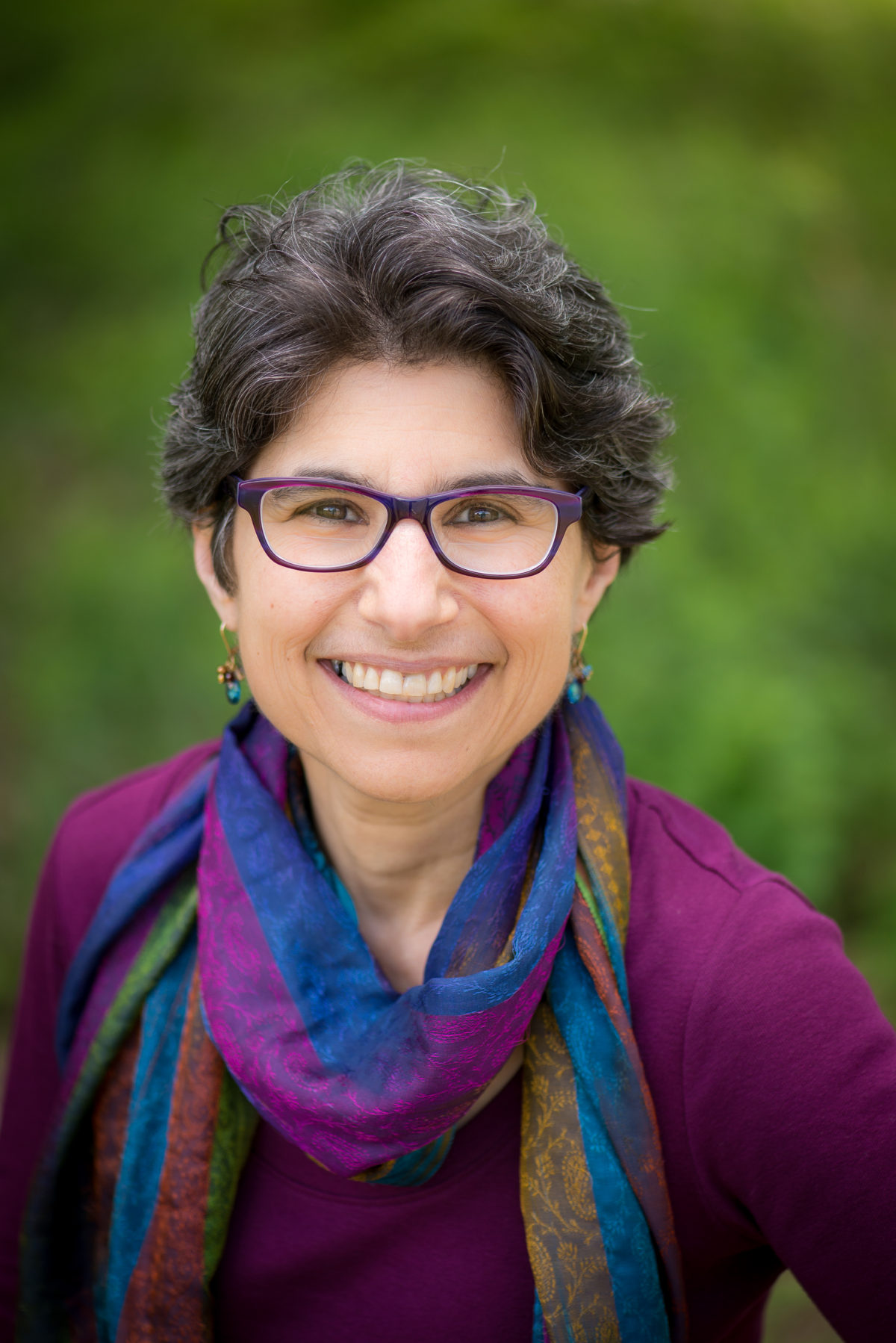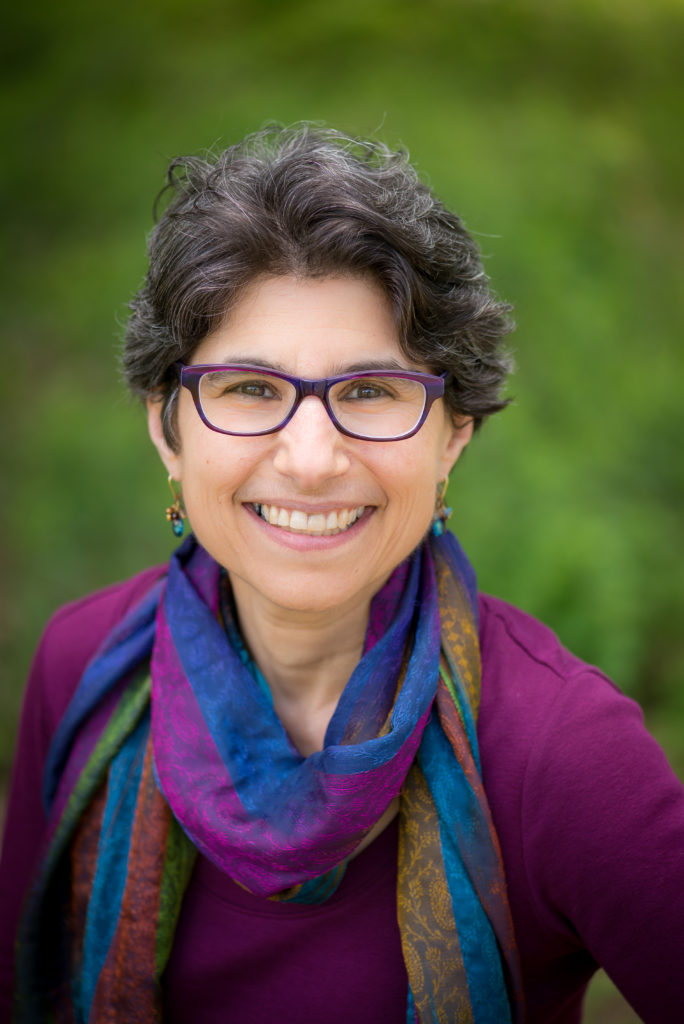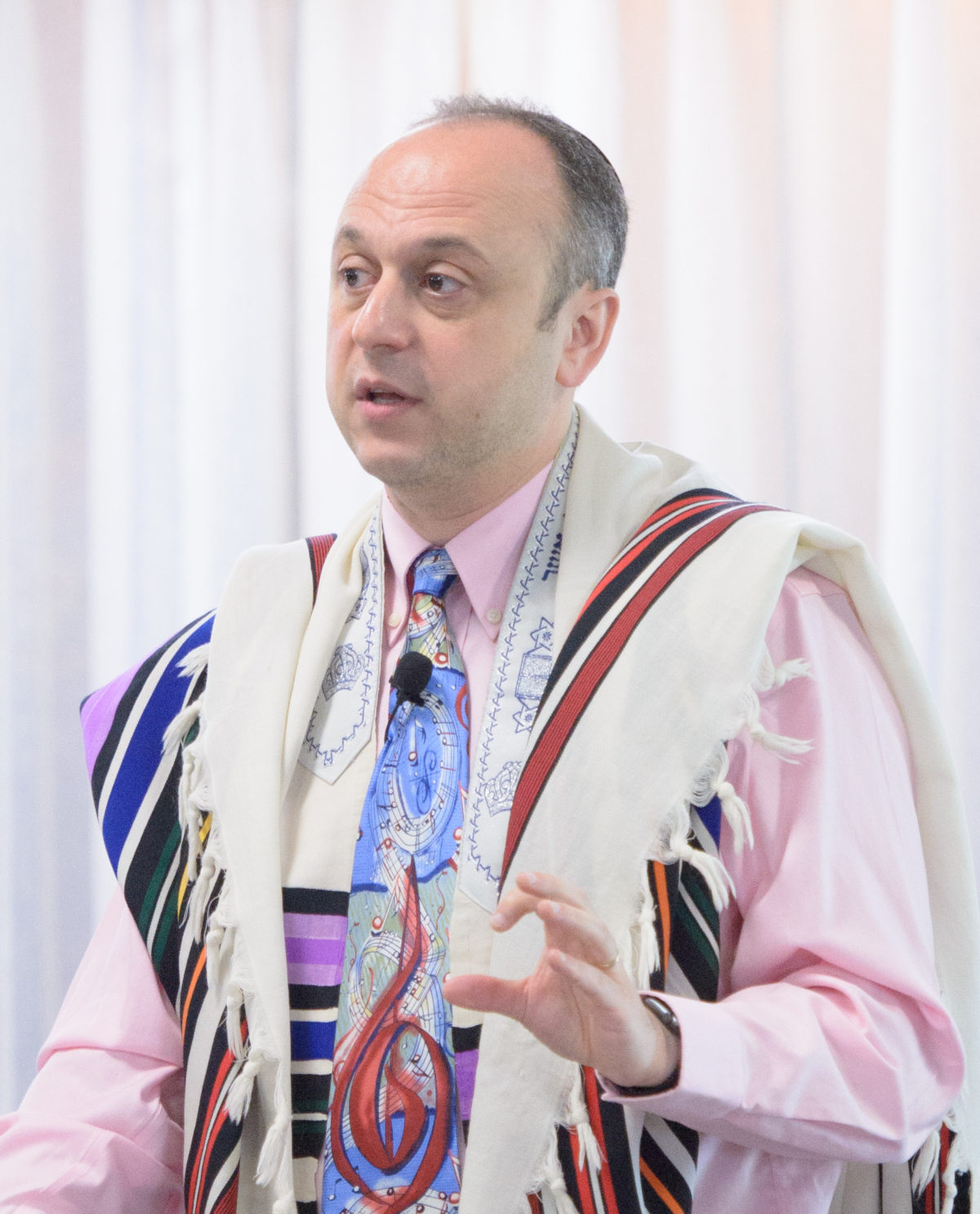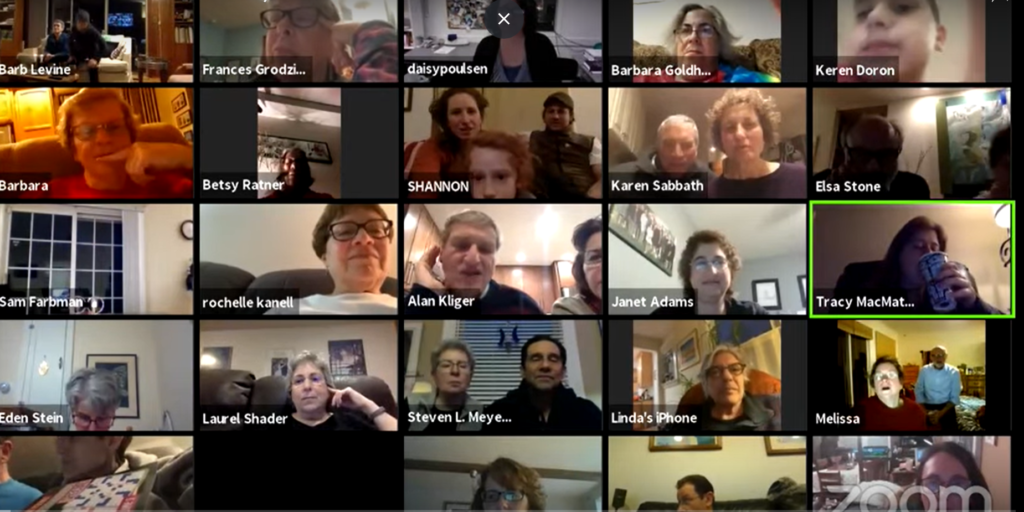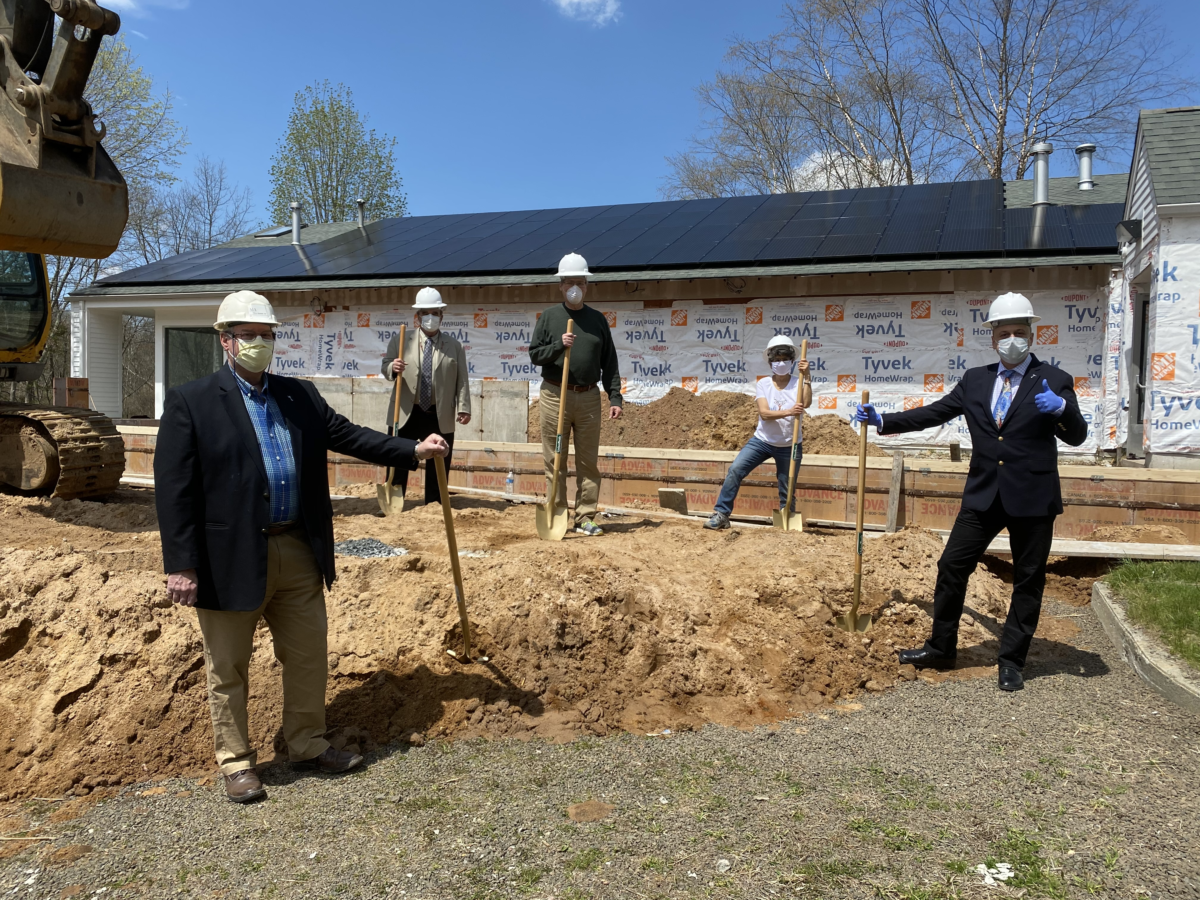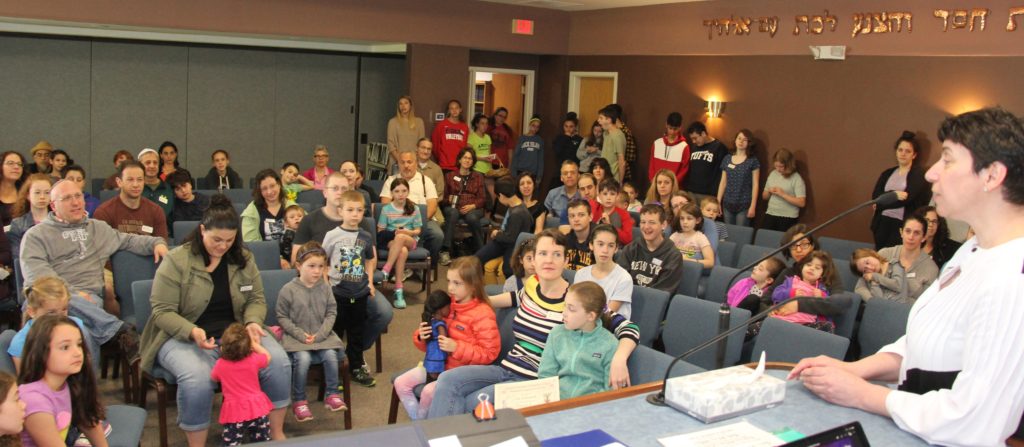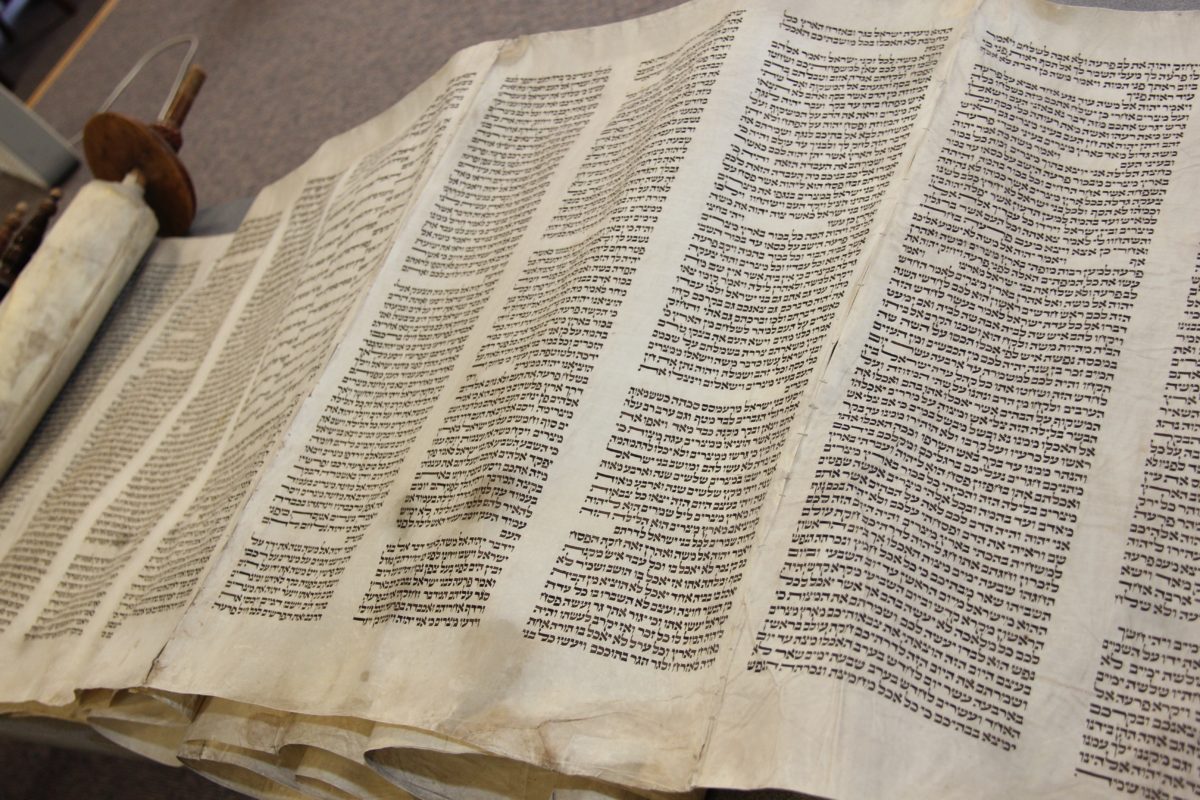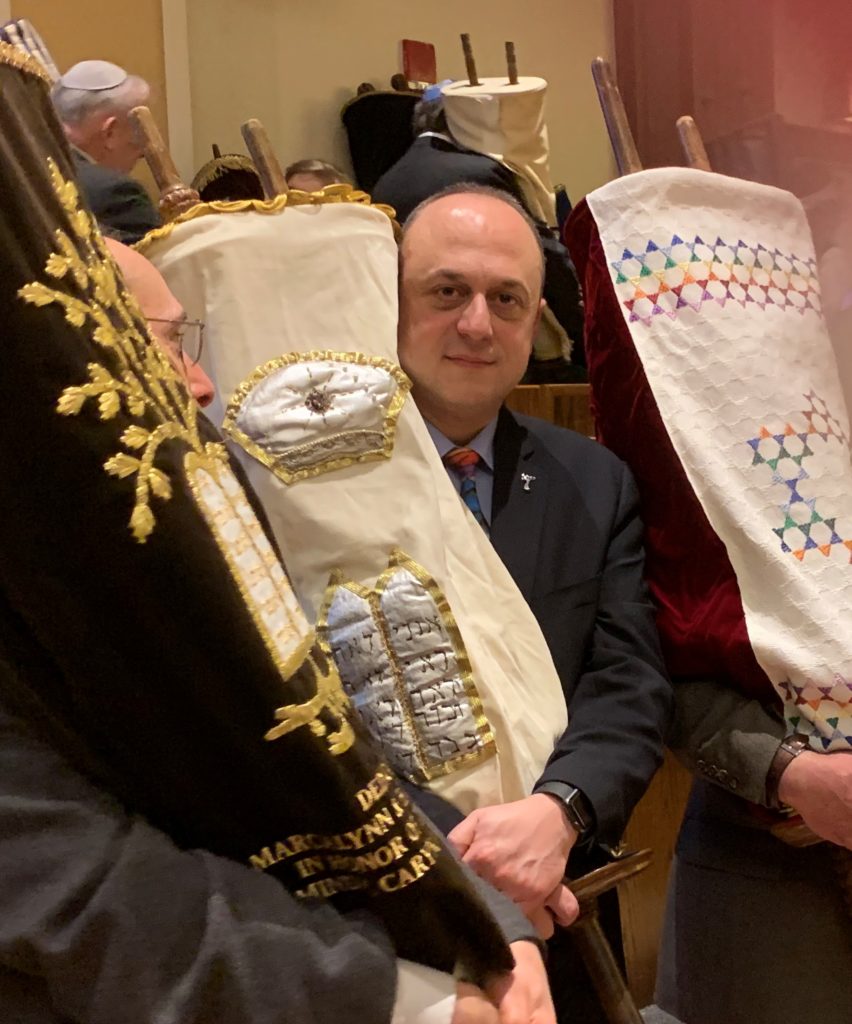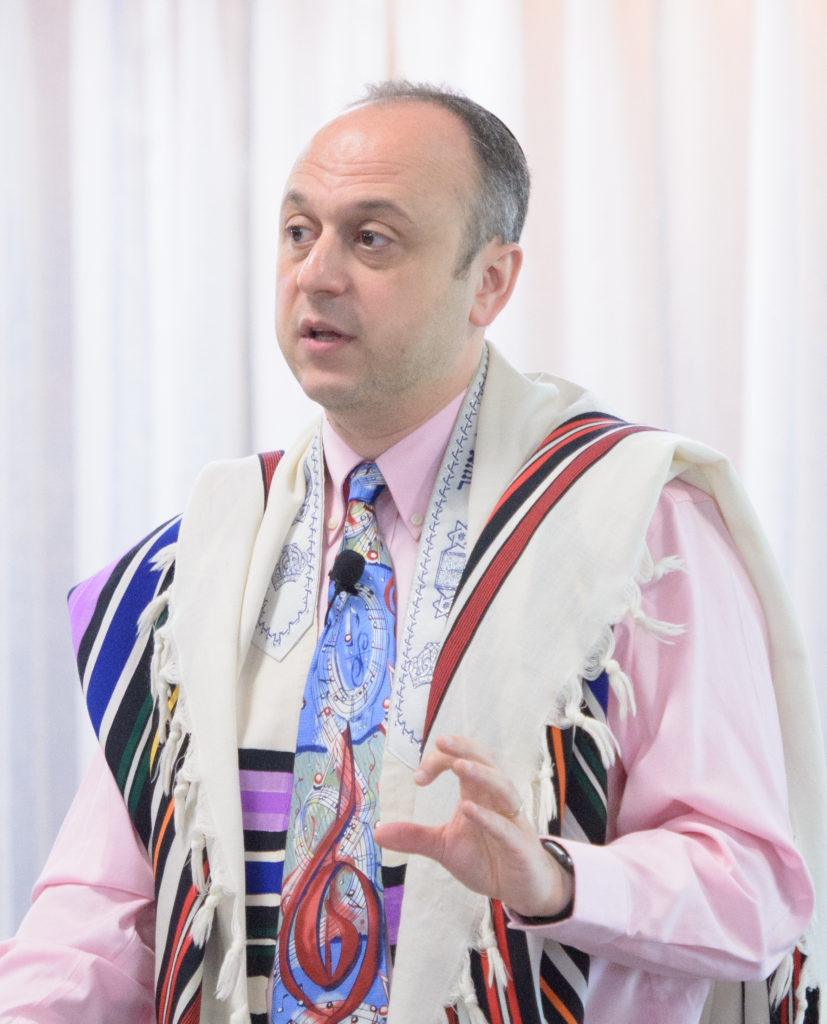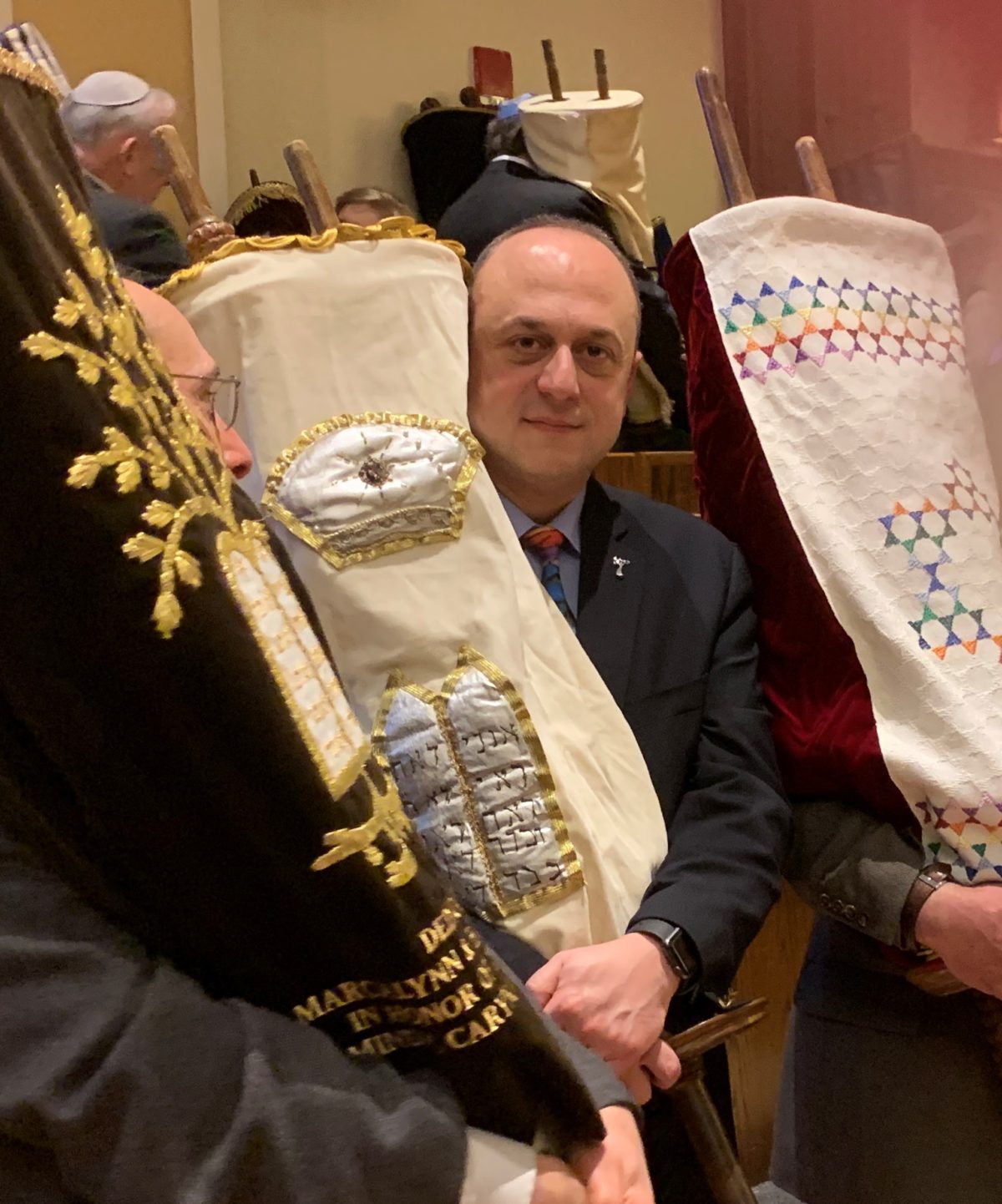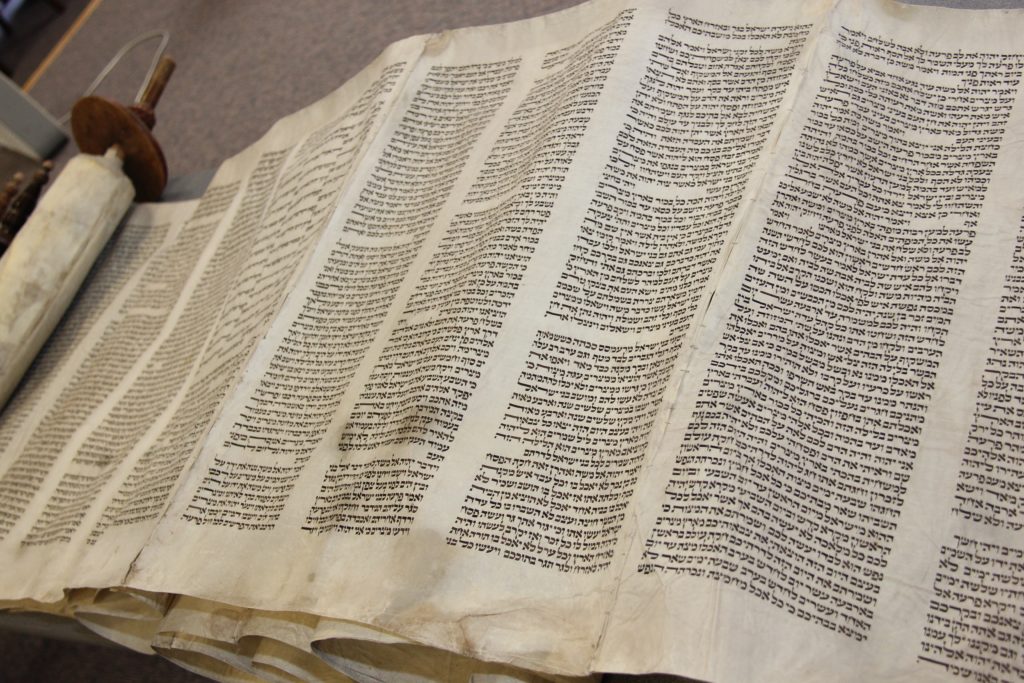Last week we celebrated the Jewish Festival of Shavuot. We marked the giving and receiving of the Torah, the Revelation. I read from the Torah scroll the Ten Commandments (actually, Ten Utterances, or aseret hadibrot in Hebrew), laying out the foundation of our lives, our understanding of the world, our faith and our behavior. One of the most dramatic episodes that occurred at the foot of Mount Sinai follows shortly after. The people who experienced God’s presence and were shaken to their core with awe and inspiration proceeded, only a few short weeks later, to create a golden calf, an idol that violated one of the commandments received directly from God in a direct revelation! How could this be?
As we celebrated Shavuot this year, we were shaken by yet another cruel death of an unarmed black man, George Floyd, murdered by a policeman in broad daylight, in front of the passers-by who pleaded with him to stop… Around the same time, we were confronted with yet another story of blatant racism when Christian Cooper, a bird watcher in Central Park, politely confronted a woman whose dog was off-leash in a bird sanctuary, only to be threatened with police to be called on ‘an African American man’. Luckily, that story did not end in death or bodily harm…
How could this be happening?
Time and time again we find ourselves in shock and anger over these murders and injustices, we protest, we march, we mourn, we seek and demand justice, we demand to find a solution. And yet, a few days, or weeks, later we find ourselves hearing the same stories, learning new names of victims, repeating the same, now iconic, words ‘I can’t breathe’…
The cruelty leaves us numb. The anger bubbles up and erupts on the streets, and the violence and destruction that travels on the coattails of this anger further threatens the world around us. At this moment in time, we want to believe that we can finally begin to get somewhere, and yet history teaches us that even after the most dramatic moments humans can quickly forget and make the same mistakes again…
When we talk about receiving the Torah at Sinai we remind ourselves that just because the Torah was given to us, it does not necessarily mean we received it. The ancient revelation of Sinai has to be reenacted by each and every one of us in order to be present in our lives. We engage with the Torah, its stories and narratives, its laws and challenges, and through that struggle and learning we make it our own, we truly receive it today.
Let us commit today not to let the passion for justice subside. Over the last few days, we have begun to convene to plan a thoughtful response to these tragedies, and the underlying issues of racism, hate, and violence. In the next week or so we will begin to share the ideas for programs and conversations, movies and books that will help us as a TE community to engage these painful but crucial questions. If you would like to be involved in planning such events, or if you have any expertise to offer, please kindly be in touch with Robin Levine-Ritterman or myself.
I end with the words of a statement issued today by the New Haven Board of Rabbis and Cantors, of which I currently serve as Chair:
As rabbis and cantors of the Greater New Haven Jewish community, we cannot be silent at a time of communal crisis. We add our voices to those avowing the principles of our democracy and mourning the senseless murder of George Floyd. We stand in solidarity with our Black neighbors, including Jews of Color, knowing many live each day with the incessant reminder that racism is still a virulent disease in our society. As we sadly add Mr. Floyd’s name to the ever-growing list of senselessly lost black lives which now includes Ahmaud Arbery, Breonna Taylor, and so many other people of color, we pledge to work together to find ways to bring an end to this calamity by safeguarding the rights of all and, through education, removing the stains of bigotry and hatred.
We condemn those employing ugly rhetoric to marginalize and further divide our nation. We link our arms with those who peacefully demonstrate, voicing a message of hope through the democratic principles of free speech, communal gathering, and the spirit of open dialogue.
We strongly stand in opposition to those who have used this time of mourning and loss to sow chaos through looting, violence, and destruction of property.
We reach out to individuals of all faiths to work with us in each of our communities to help repair this world by modeling divine attributes of mercy and compassion. As God is merciful, may we be merciful to all those we encounter. As God is gracious, let us offer grace and compassion to lift up both our neighbors and the stranger in our midst. As God is abundant in goodness and in truth, may we find the strength to do good and seek the truth in all our encounters each and every day.
